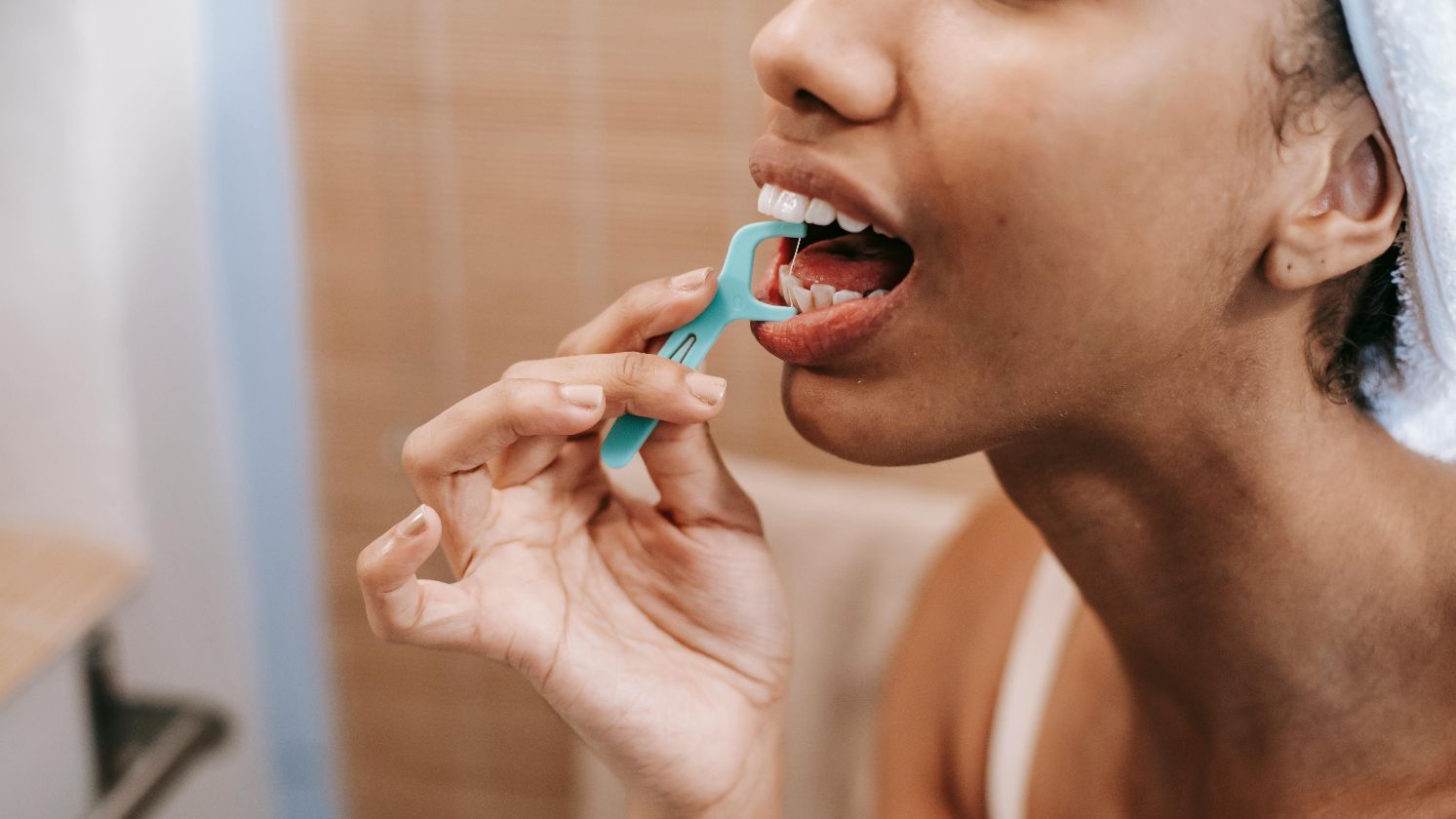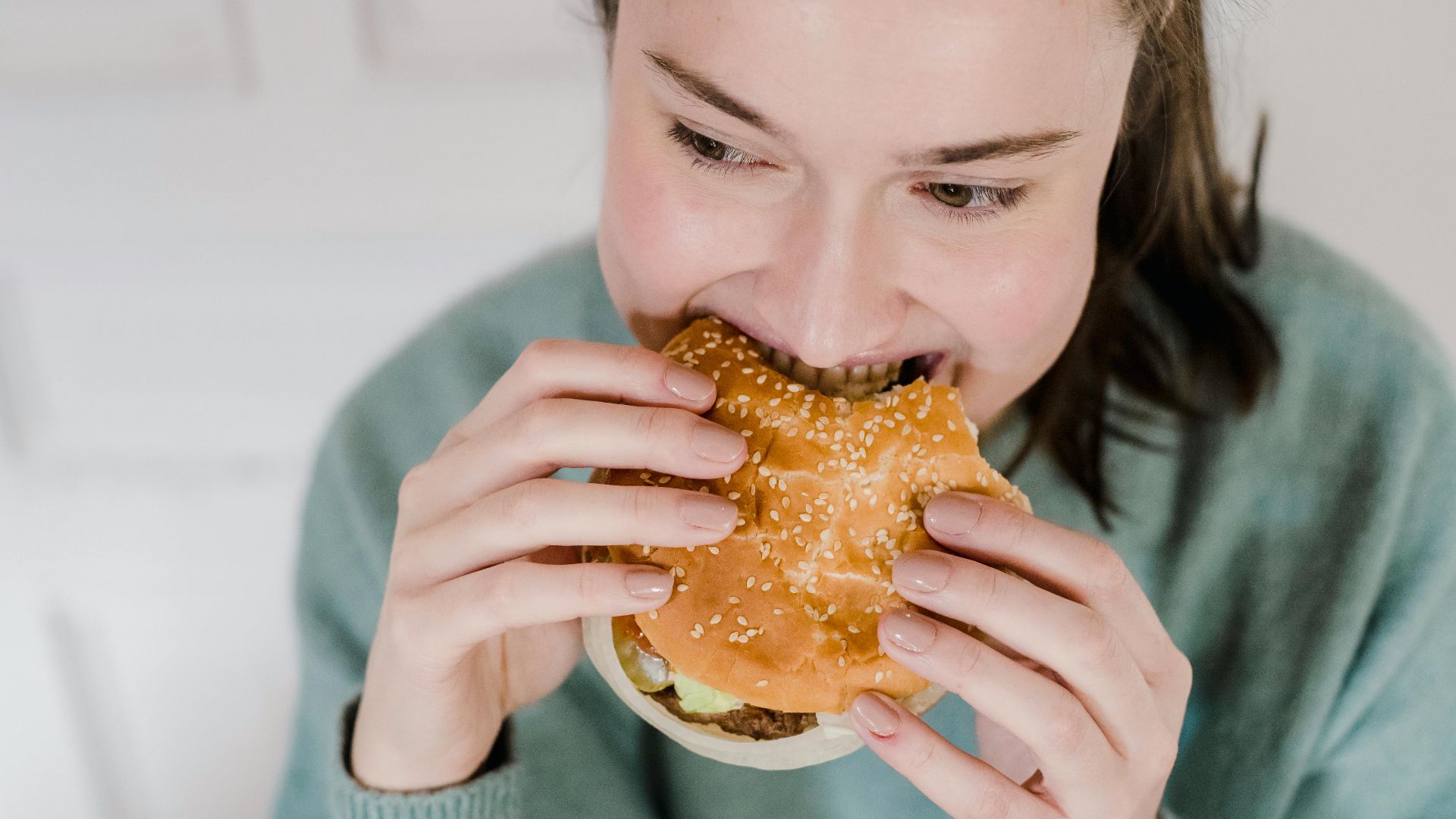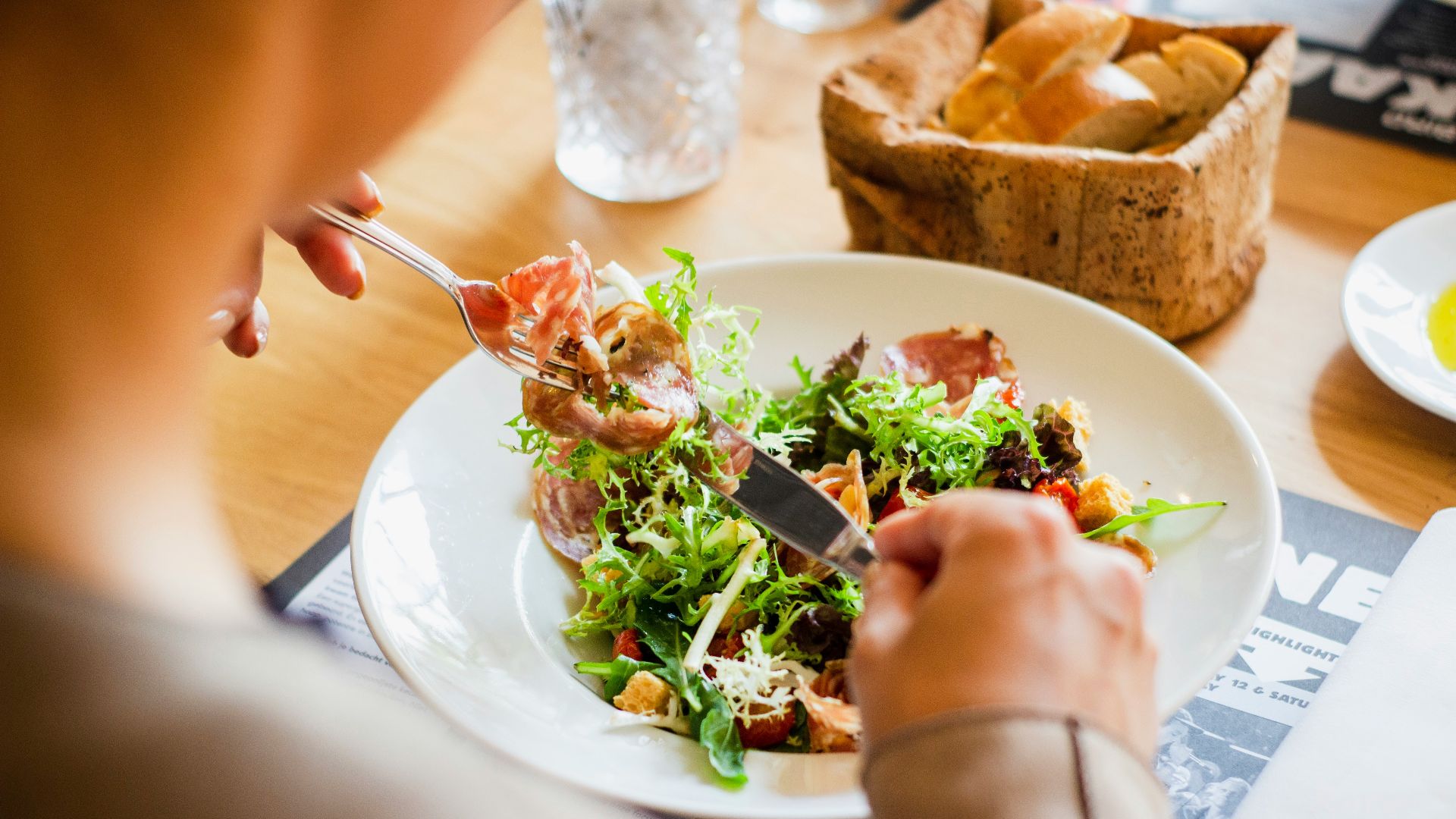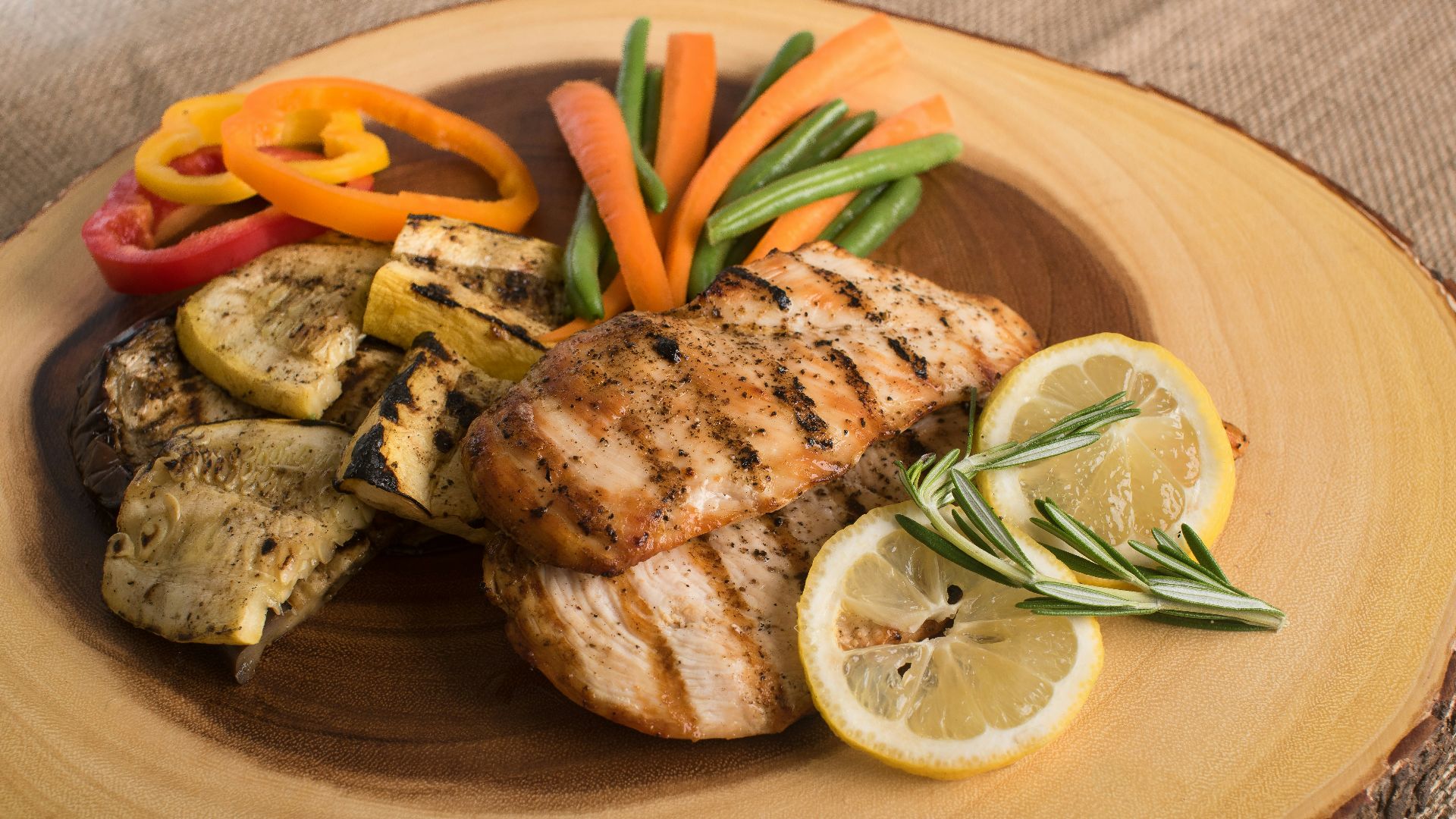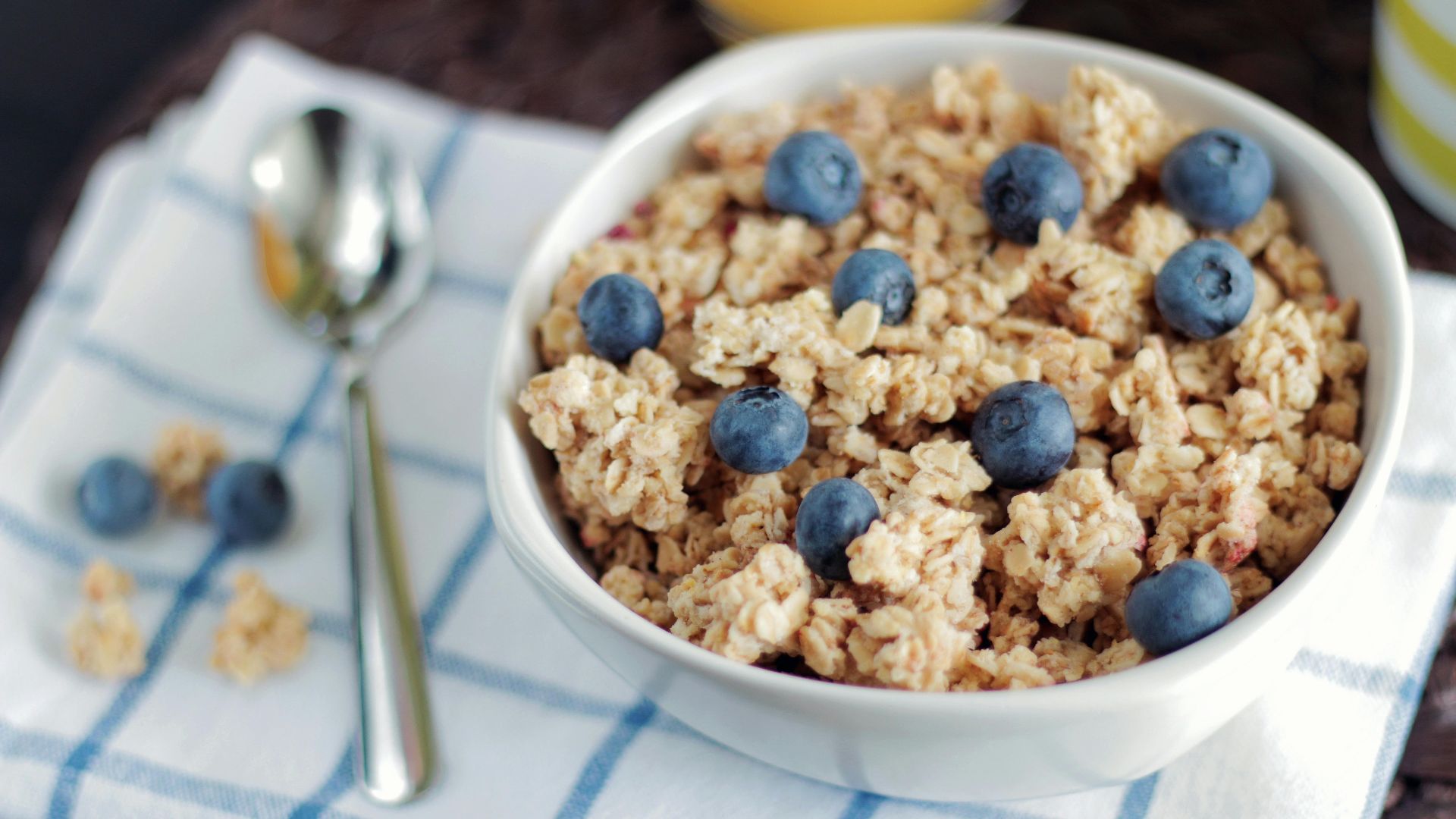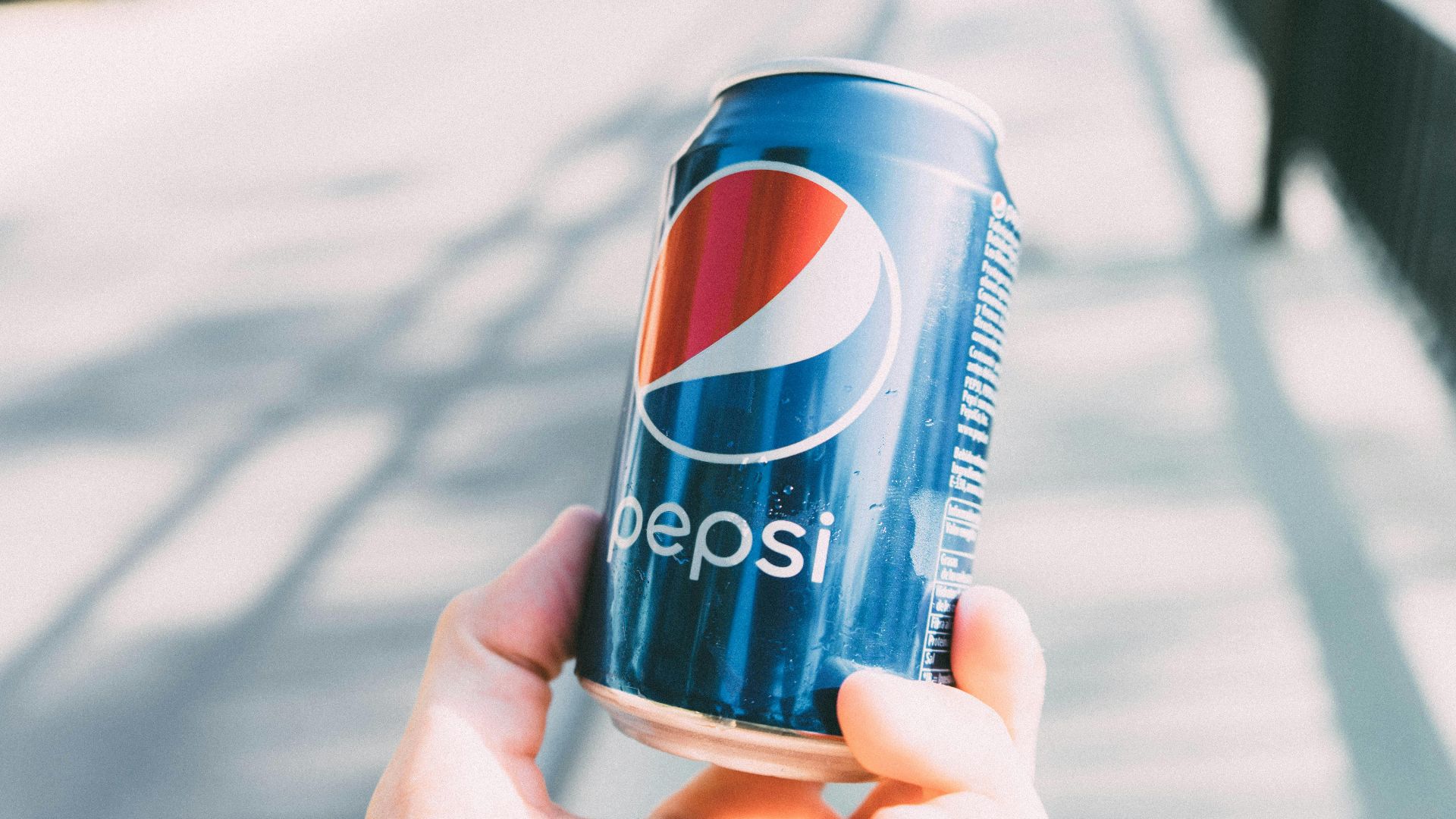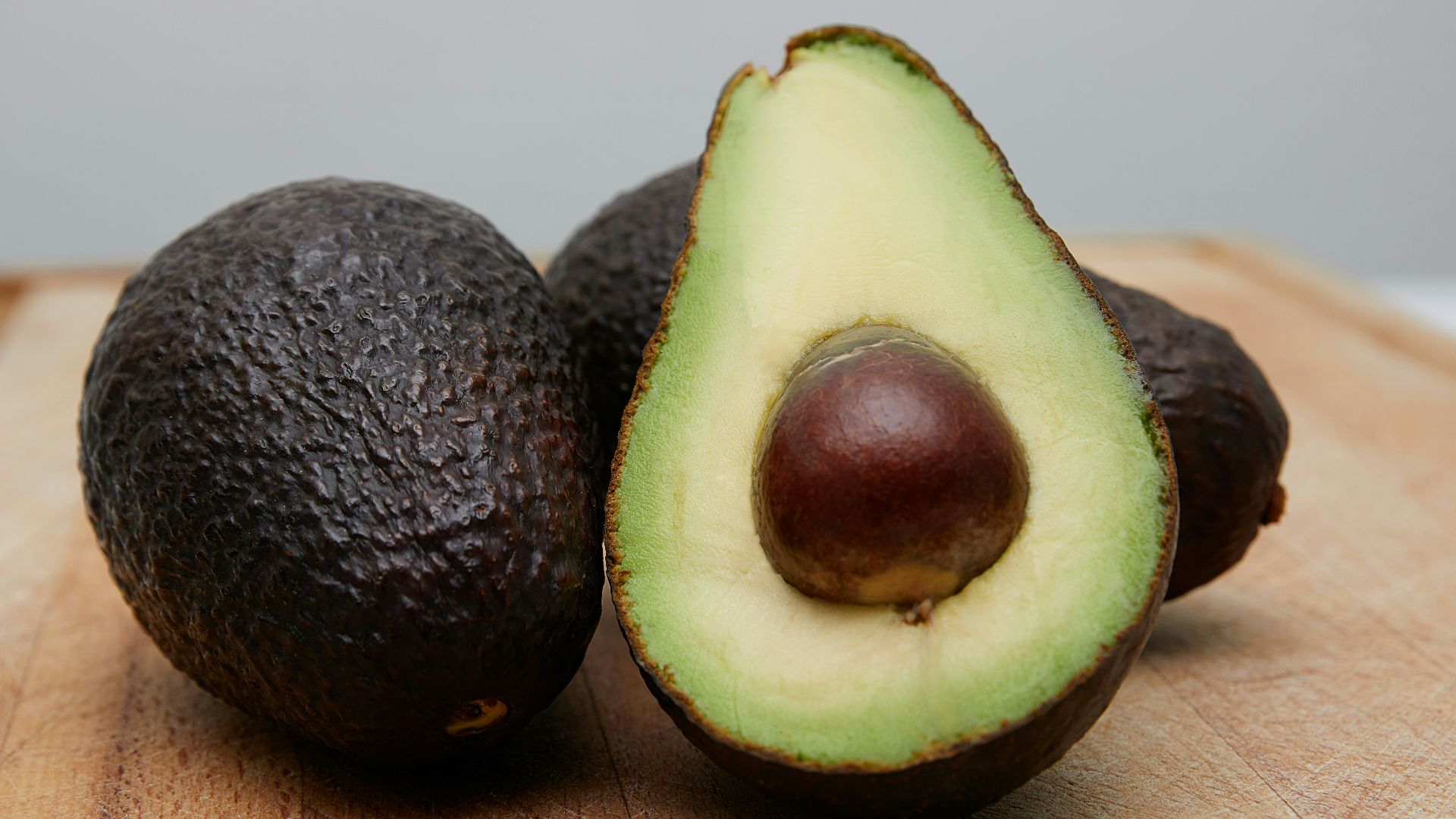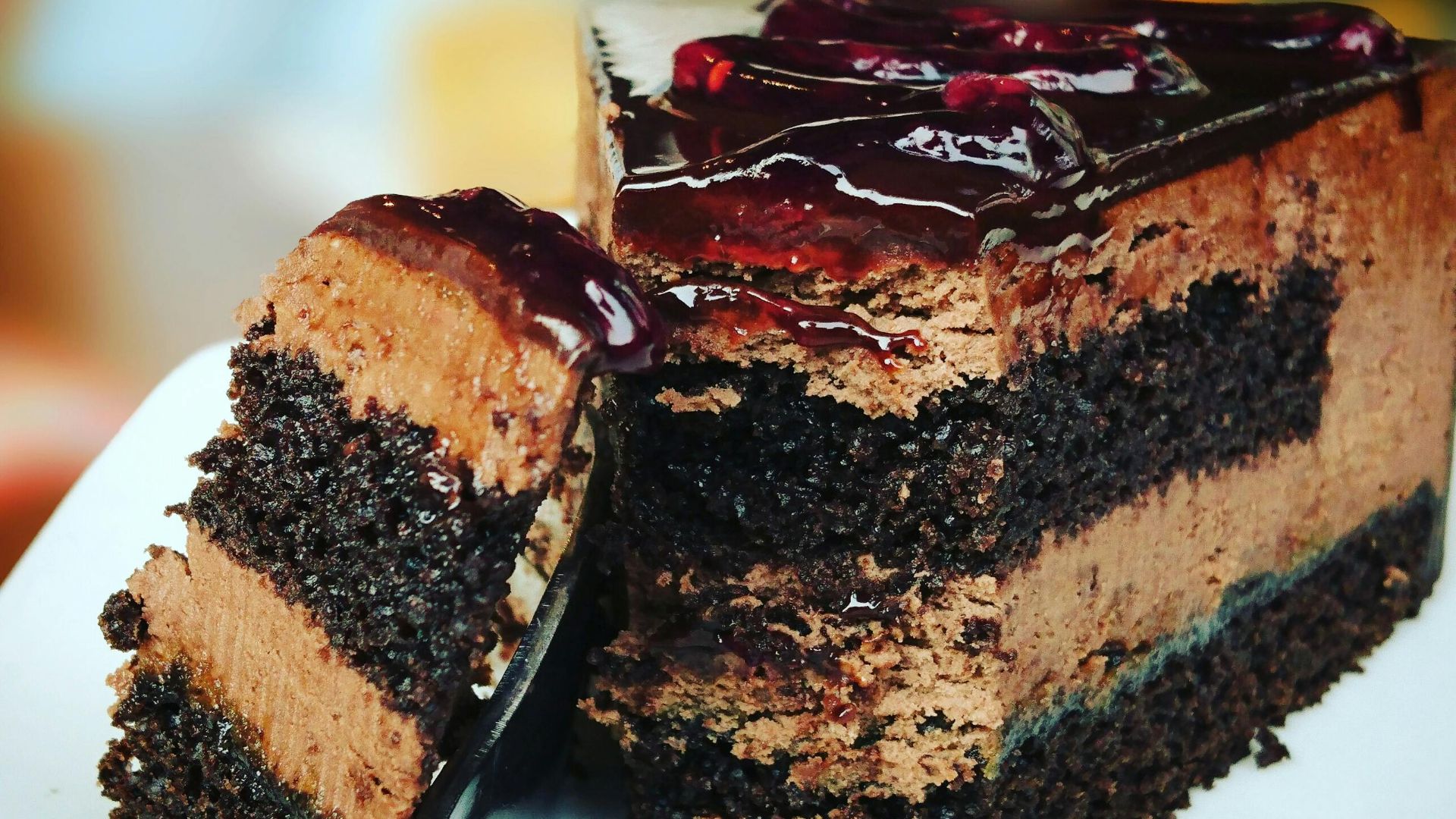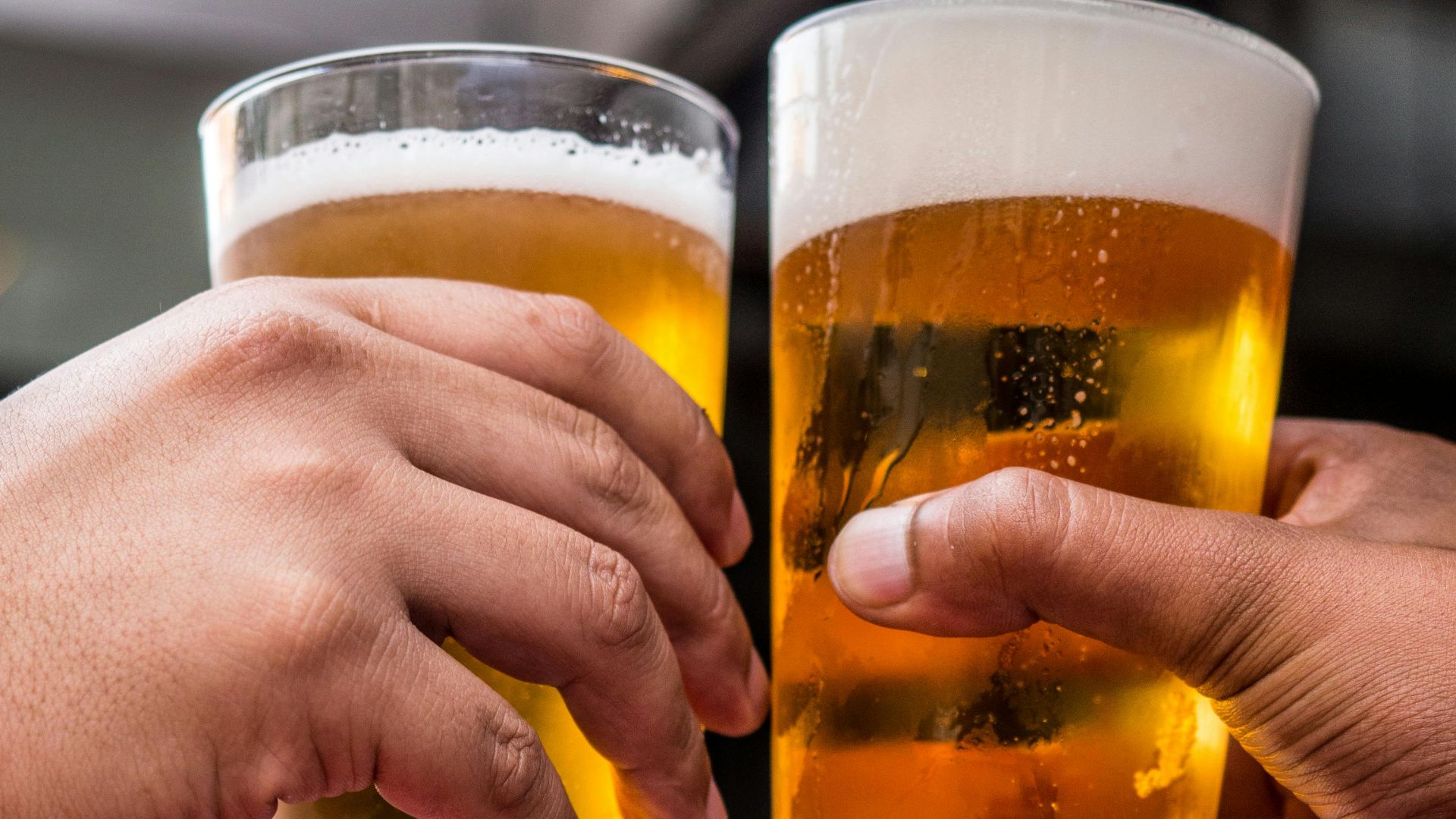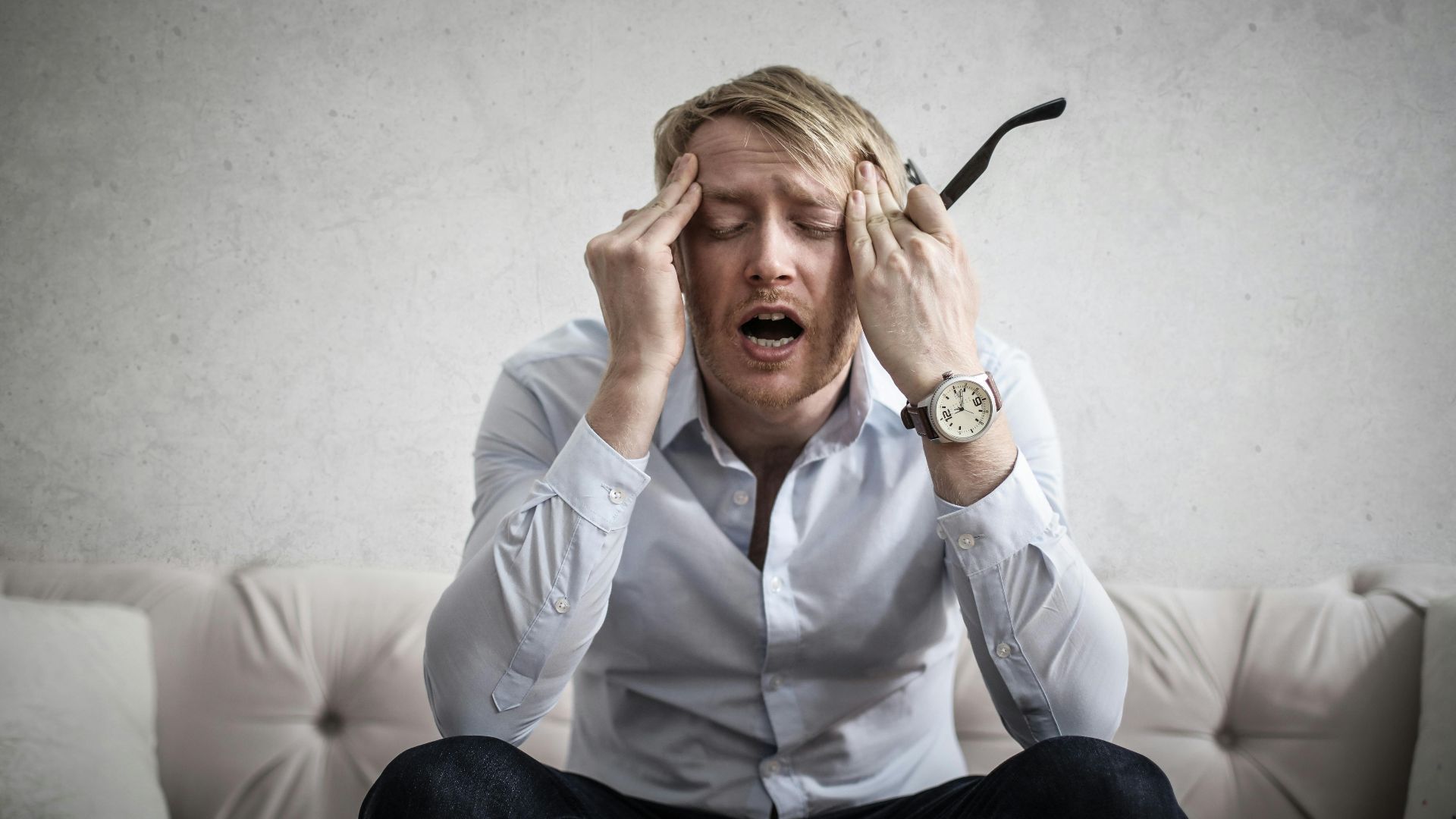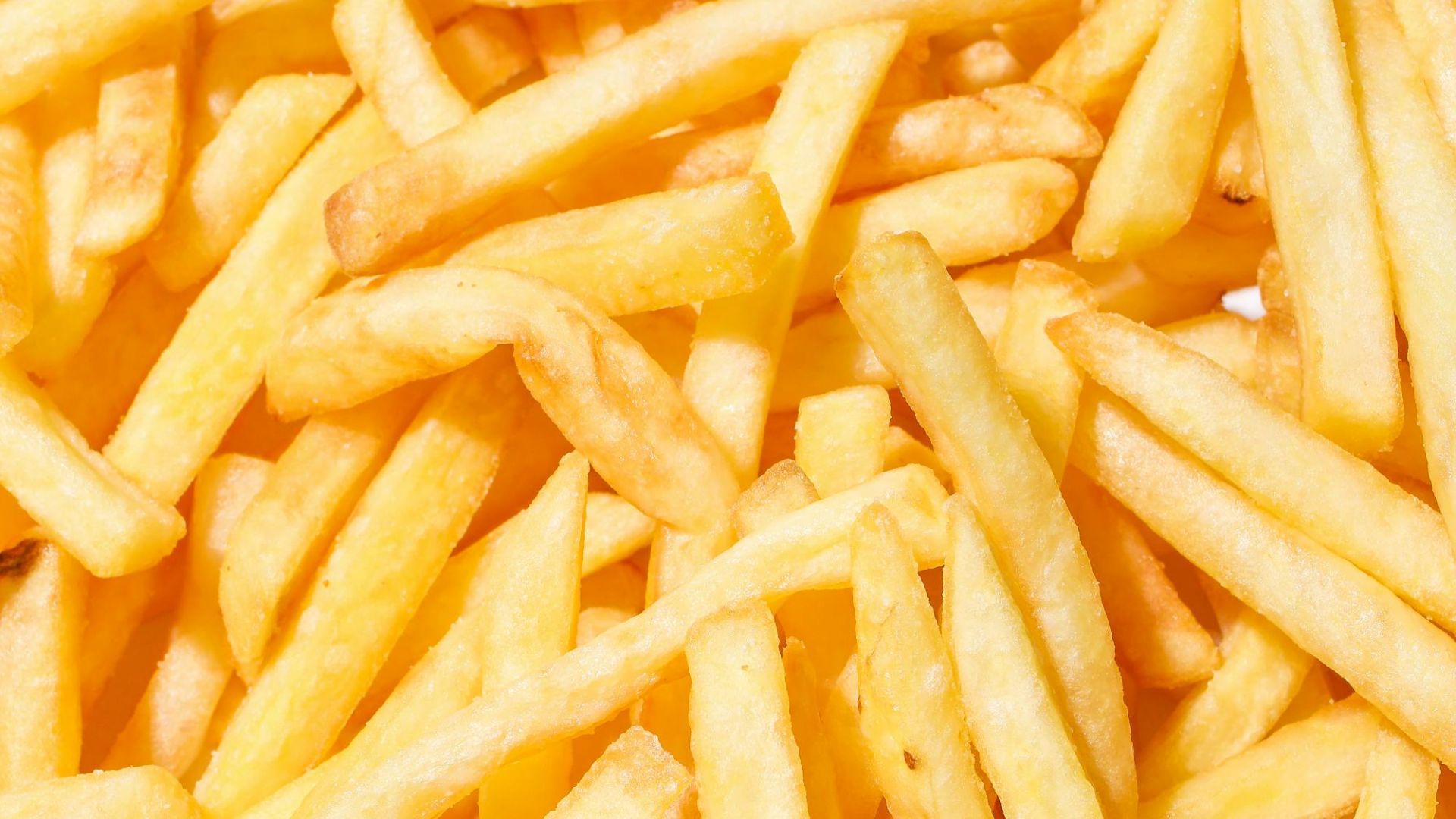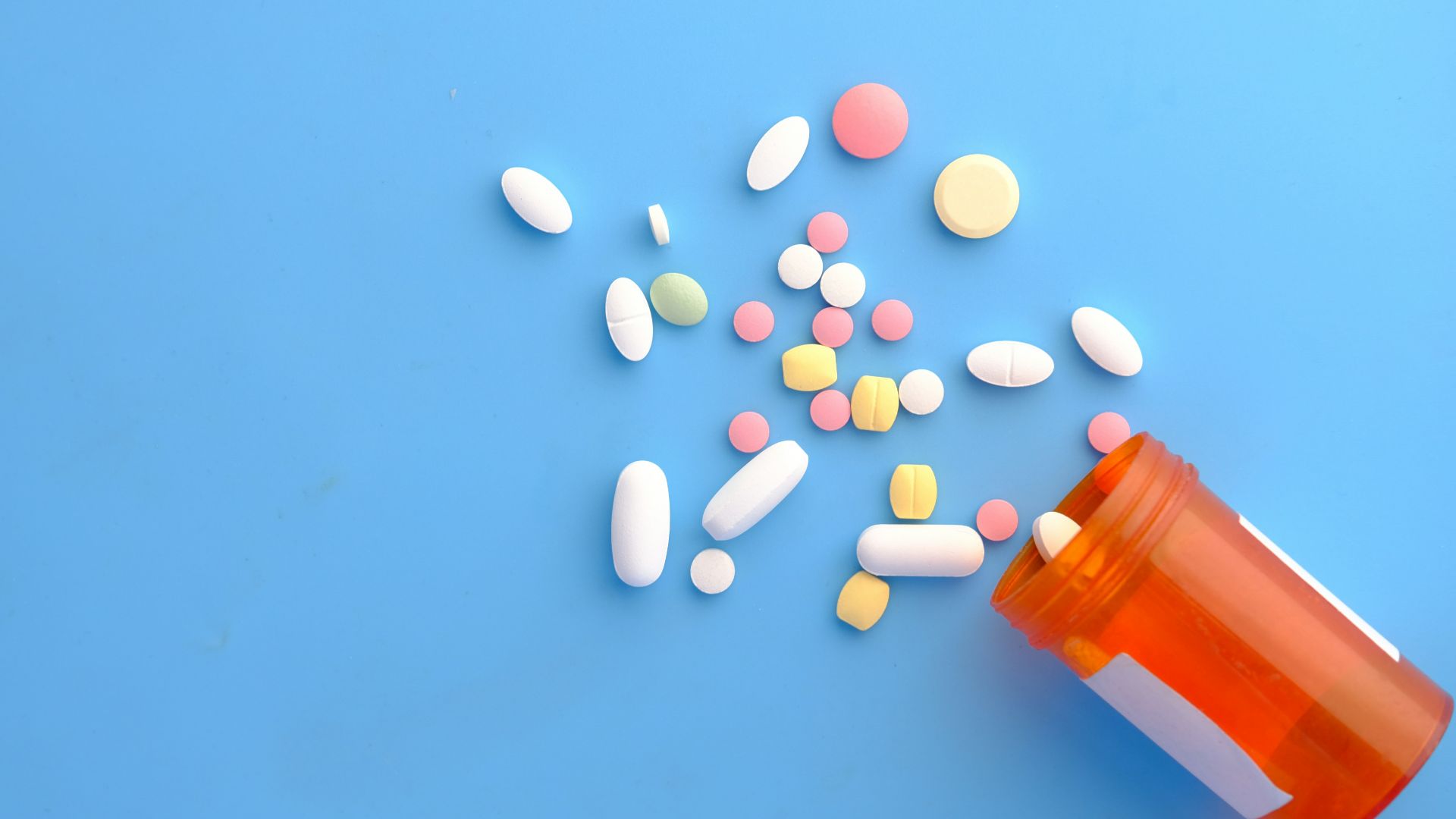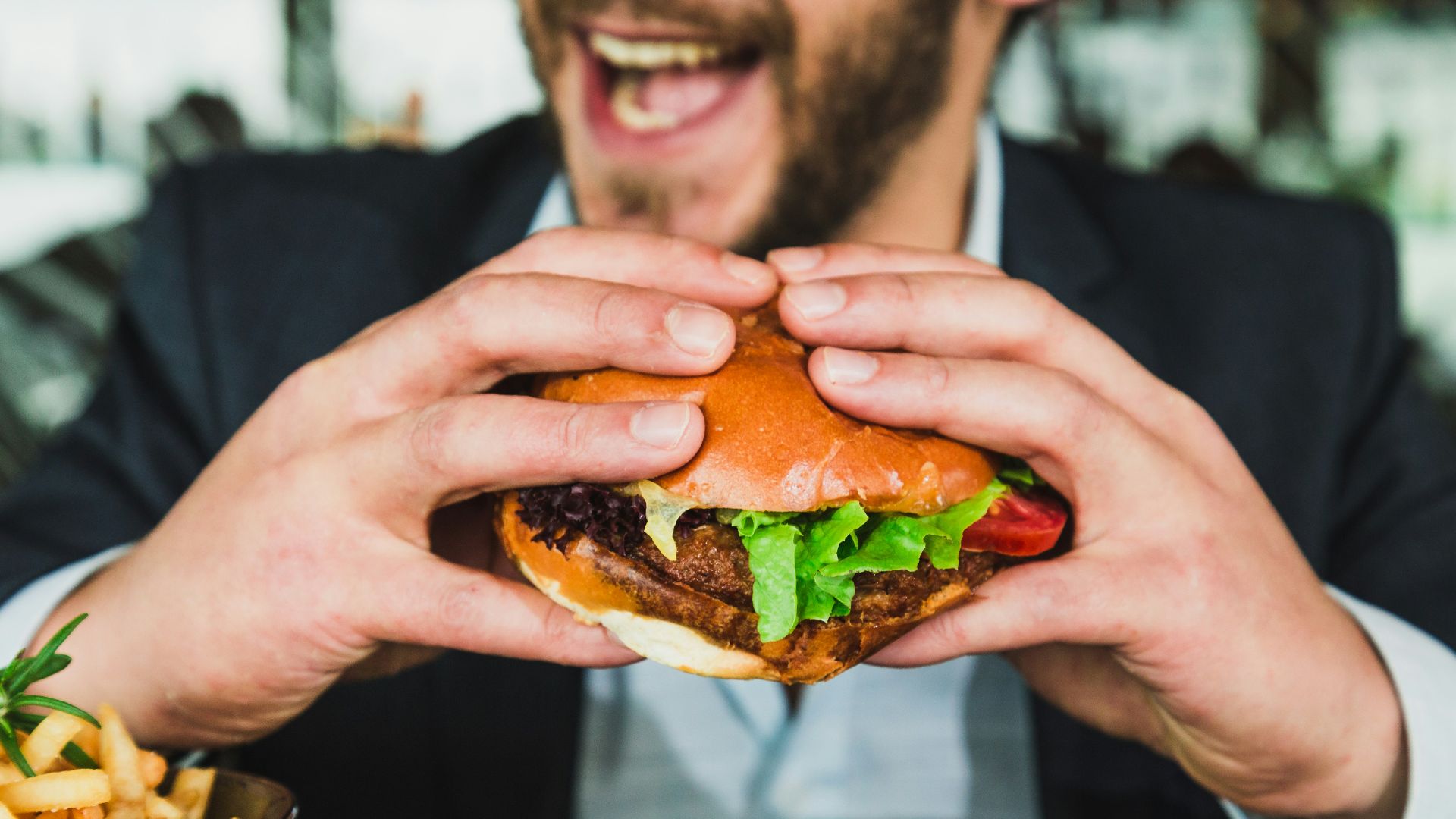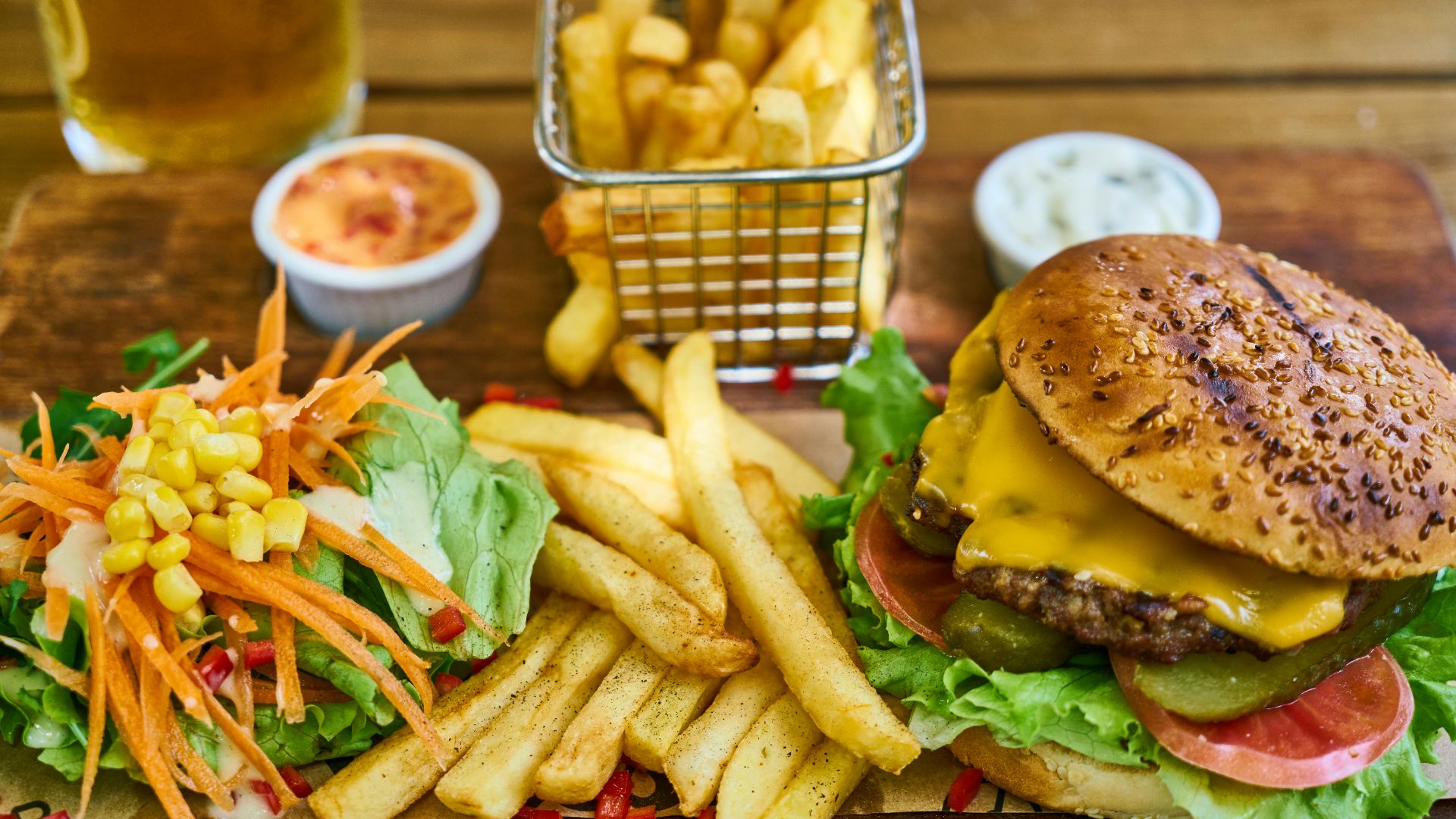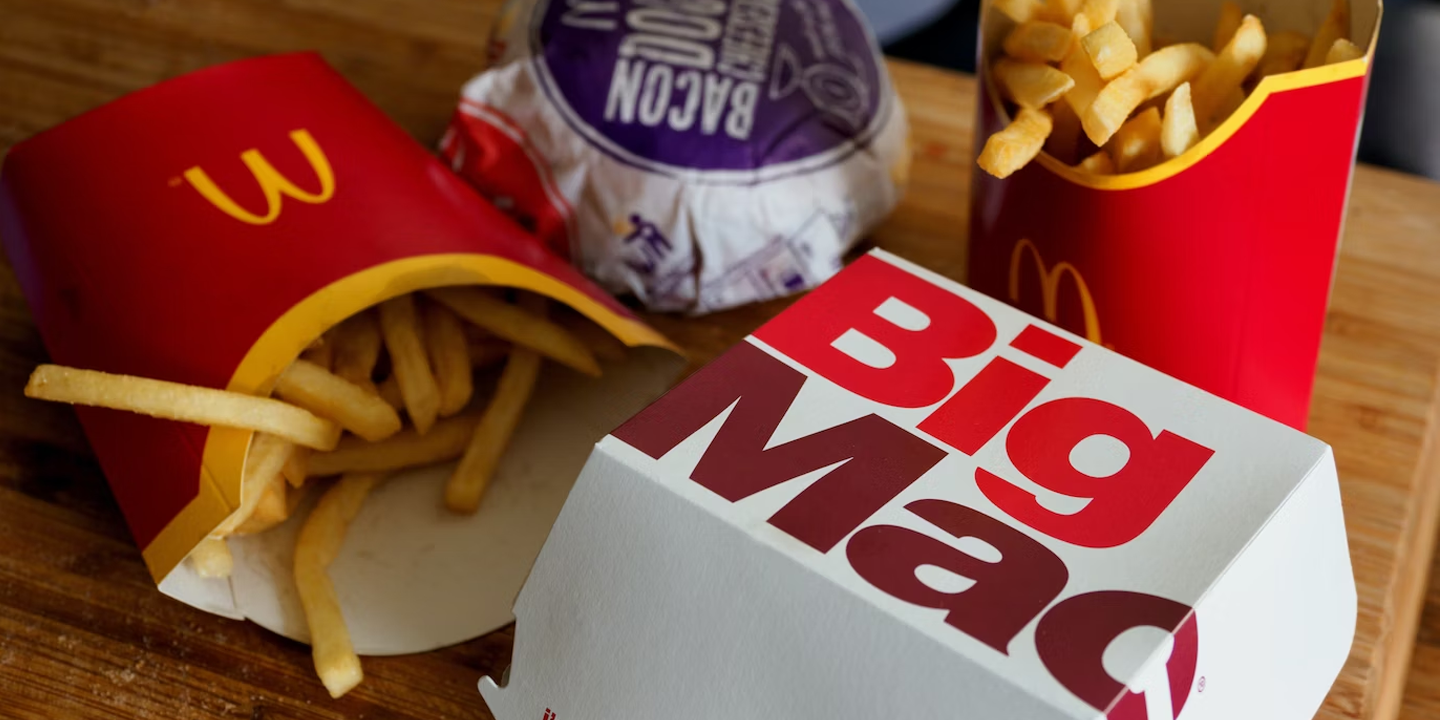Just One More Bite...
You had lunch an hour ago, but you're still peckish. It might even feel as if you hadn't eaten at all. Why is that? Well, the reasons could range from simple to complex, and it's important to stay in tune with your body and its cues. If you often feel hungry even after eating, one or more things on this list could be to blame.
1. You're Eating Too Fast
As it turns out, the rate at which you eat can affect your hunger cues. If you're used to eating too fast without thoroughly chewing, tasting, and enjoying the food on your plate, you'll likely continue feeling hungry afterwards. Conversely, eating more slowly and mindfully gives your brain enough time to release hormones that tell your body you're satiated.
2. You're on a Diet
If you're on a diet and actively reducing your caloric intake or restricting certain foods, you might still feel hungry even after eating. This is likely the result of not eating enough. Before you go on a diet, chat with a medical professional or a nutritionist who understands safe margins and goals for your specific body and lifestyle.
3. You're Not Eating Enough Protein
Protein is an essential macronutrient that your body needs to build and repair muscle. Eating enough protein also keeps you fuller for longer, simply because it takes more energy to digest it. In contrast, not including enough of it in your meals means you'll likely feel hungry again after a short while.
4. You're Not Eating Enough Fiber
The same can be said for fiber: eating enough of it can keep you fuller for longer. Several studies have shown that soluble fiber (which turns into a gel-like substance) is more filling than insoluble fiber (which moves through your tract undigested). Soluble fiber also slows digestion, regulates your blood sugar levels, and binds to fatty acids to help flush them out to lower LDL (bad) cholesterol.
5. You're Not Sleeping Enough
Not sleeping enough each night can affect your appetite and hunger cues as well. Research shows that poor sleep results in lower leptin levels—the "satiety" hormone that tells your brain and body when you're full. It's important to get at least seven to eight hours of shut-eye every night.
6. You're Eating Too Many Refined Carbs
Refined carbs are processed carbohydrates that have been stripped of their nutrients. They're digested rapidly and lead to spikes in blood sugar, which in turn increases your insulin levels. Insulin will remove the sugar from your blood, and this causes your blood sugar levels to drop, signaling to your body that it needs more food to compensate. It's best to reduce your consumption of refined carbs, which include pasta, white bread, soda, and other sugary treats.
7. You're Eating Too Little Fat
You may think it's better to cut fat completely from your diet, but foods high in healthy fats are not only good for your body, but keep you full for longer. Incorporating protein-rich options like eggs and salmon, as well as fruits like avocado, can boost your satiety levels while still keeping your meals nutritious.
8. You're Dehydrated
Not drinking enough water can make you feel more hungry, so it's important to keep hydrated throughout the day. Drinking one to two glasses before a meal may also help you consume fewer calories, as the liquid fills the stomach and makes you feel fuller.
9. You're Exercising Too Much
Frequent exercise may also be the reason why you're always hungry. After all, when you burn calories and deplete your energy stores, your body naturally seeks replenishment. Eating a protein and fiber-rich diet may help curb feelings of excessive hunger from exercise.
10. You're Eating Too Much Sugar
As mentioned earlier, sugary treats and snacks won't curb your hunger. Instead, they'll lead to rapid blood sugar spikes, triggering insulin to remove glucose from the blood, which can lead to sharp drops ("crashes") that make your body crave more food soon after.
11. You're Snacking Mindlessly
Eating when you're bored or distracted may also increase your hunger. And if you're not used to multi-tasking, your brain may be allocating too much attention somewhere else, preventing you from recognizing your fullness cues. To combat this, don't snack when you're watching TV and have your meals with your screens—and other distractions—silenced.
 Dan Michael Sinadjan on Unsplash
Dan Michael Sinadjan on Unsplash
12. You're Drinking Alcohol Before You Eat
Drinking alcohol doesn't only make you crave food more—it also makes you want more of it. In fact, studies have shown that those who drank before a meal consumed 10-30% more calories than those who didn't drink. Alcohol may also make you crave foods high in sugar, salt, and fat.
13. You're Overly Stressed
It's not just distracted eating that can suppress your fullness cues; eating when you're overly stressed may also mess up your body's signals. Cortisol, the stress hormone, is the one at play here, meaning the more stressed you are, the more hungry you feel. You're also more likely to reach for unhealthy snacks that are high in refined carbs.
14. You're Eating Too Much Salt
Some studies have shown that eating too much salt may affect your hunger levels as well, causing you to eat more. It doesn't help either that a high-sodium diet can pose health risks for your heart, and that the average American adult exceeds the recommended daily sodium limit.
15. You're on Certain Medications
Certain medications can also affect your appetite. Antidepressants, antipsychotics, and corticosteroids, for example, may cause you to feel more hungry than normal, which could lead to weight gain. It's important to always talk to your doctor about potential side effects before taking prescribed medications.
16. You're Drinking Your Calories
If you're on a diet, you might think it's better to drink your calories than eat them, but this might actually cause your body to crave more. After all, liquid-based calories are faster and easier to digest than solid food (not to mention less satisfying), and your brain may not have enough time to process or send out fullness cues.
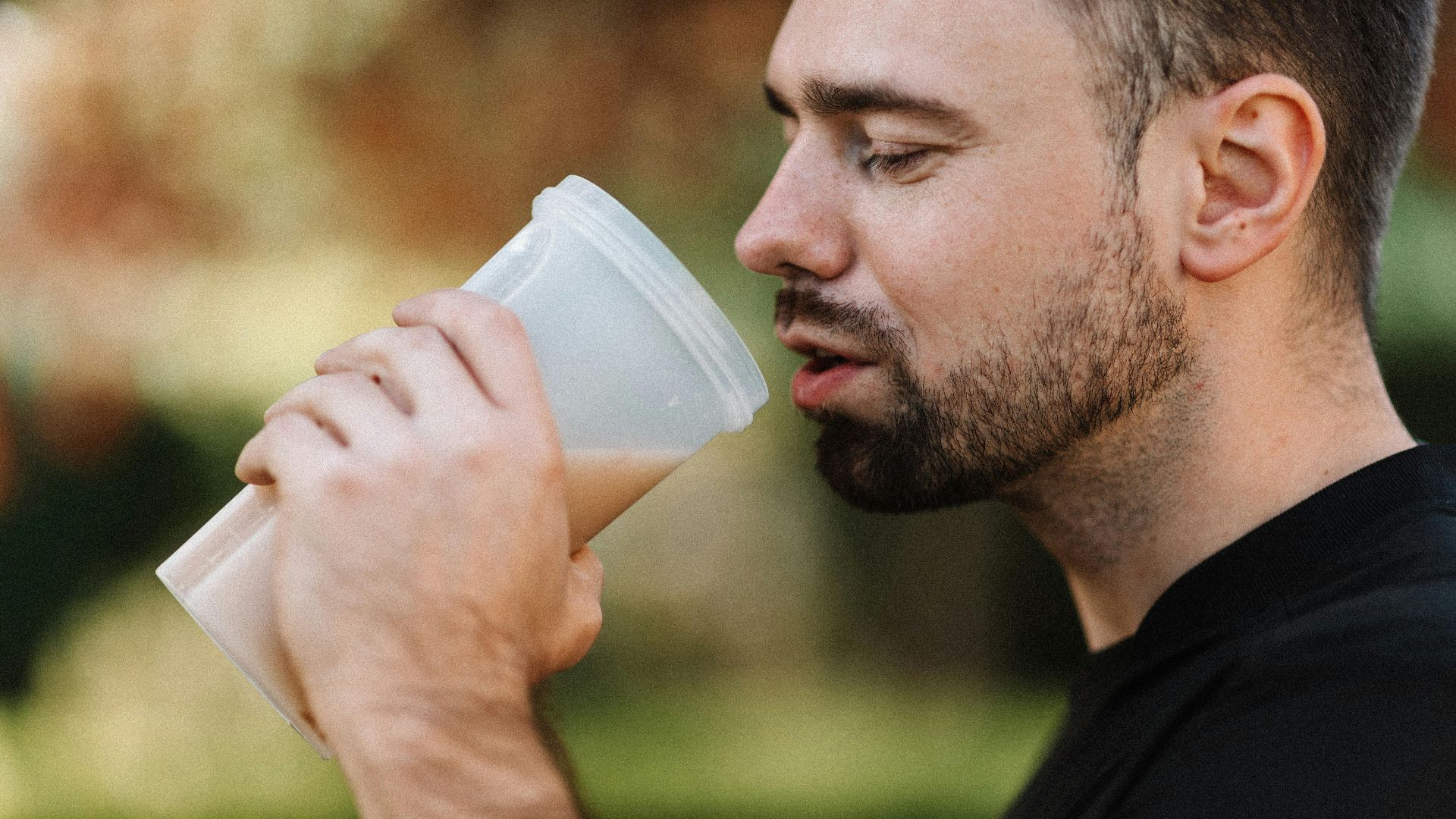 Photo By: Kaboompics.com on Pexels
Photo By: Kaboompics.com on Pexels
17. You Have Leptin Resistance
Leptin is the hormone that tells your body you're full, so levels rise after a meal. If you have leptin resistance, however, your body doesn't respond the way it should to leptin, and you may continue to feel hungry even after eating.
18. You're Pregnant
Pregnancy may also affect your appetite. Not only will you crave the oddest combinations of food, you'll also crave more of it. This comes as no surprise, given that you're growing a tiny human inside you. Changes in hormones, such as fluctuations in estrogen and progesterone, can also affect hunger levels.
19. You're Used to Overeating
Or maybe there's a simpler reason for it all: you're still hungry after your meals because your body is used to eating more. If you've abruptly jumped on a diet where you're suddenly restricting various foods, your body might not be able to acclimate immediately. It's better to chat with your doctor on how to better approach a diet if you are starting one, or to ease yourself into a healthier lifestyle and eating habits.
20. You Have a Medical Condition
Certain medical conditions, like diabetes, hyperthyroidism, hyperglycemia (low blood sugar), and others, can affect your appetite and hunger levels. Mental health conditions, like depression and anxiety, may also have an influence. It's important to talk to your doctor for a proper diagnosis if you suspect you have an underlying health problem.
KEEP ON READING
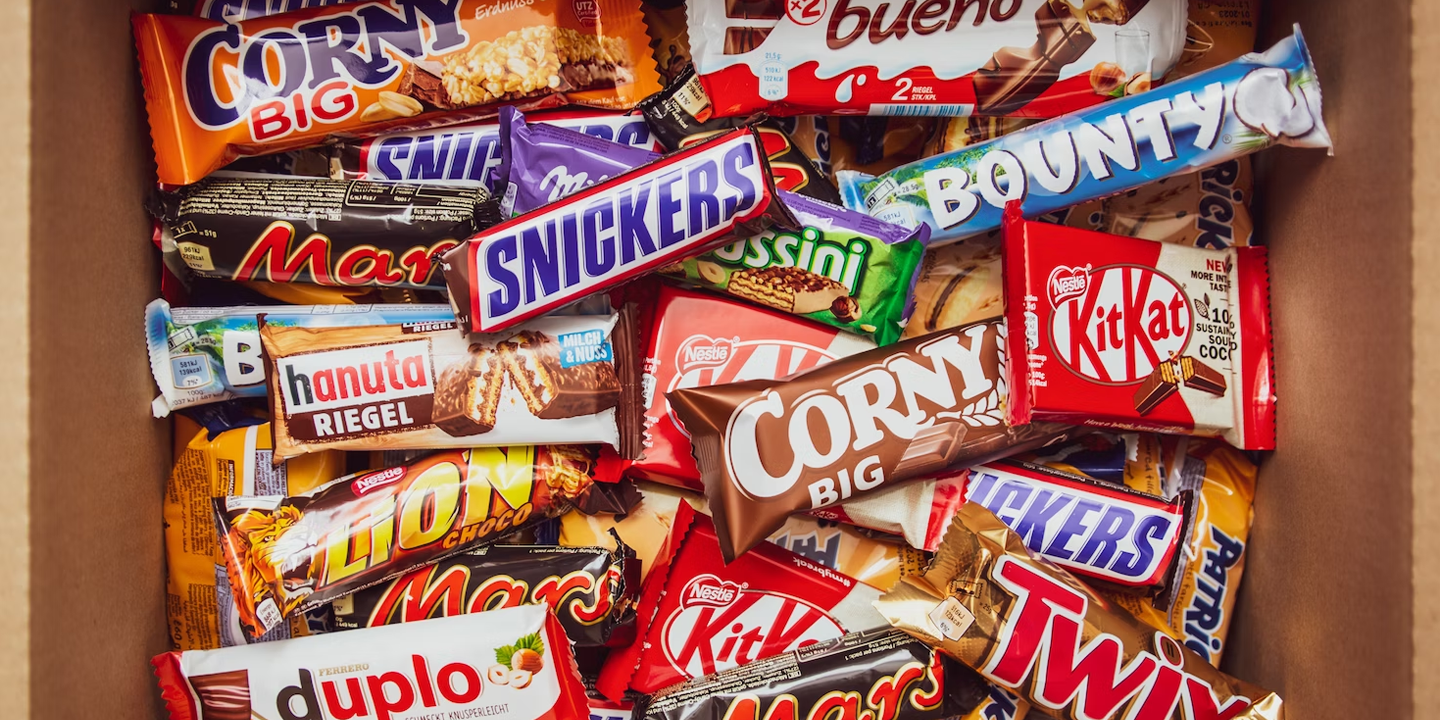
The Most Popular Chocolate Bars in the USA
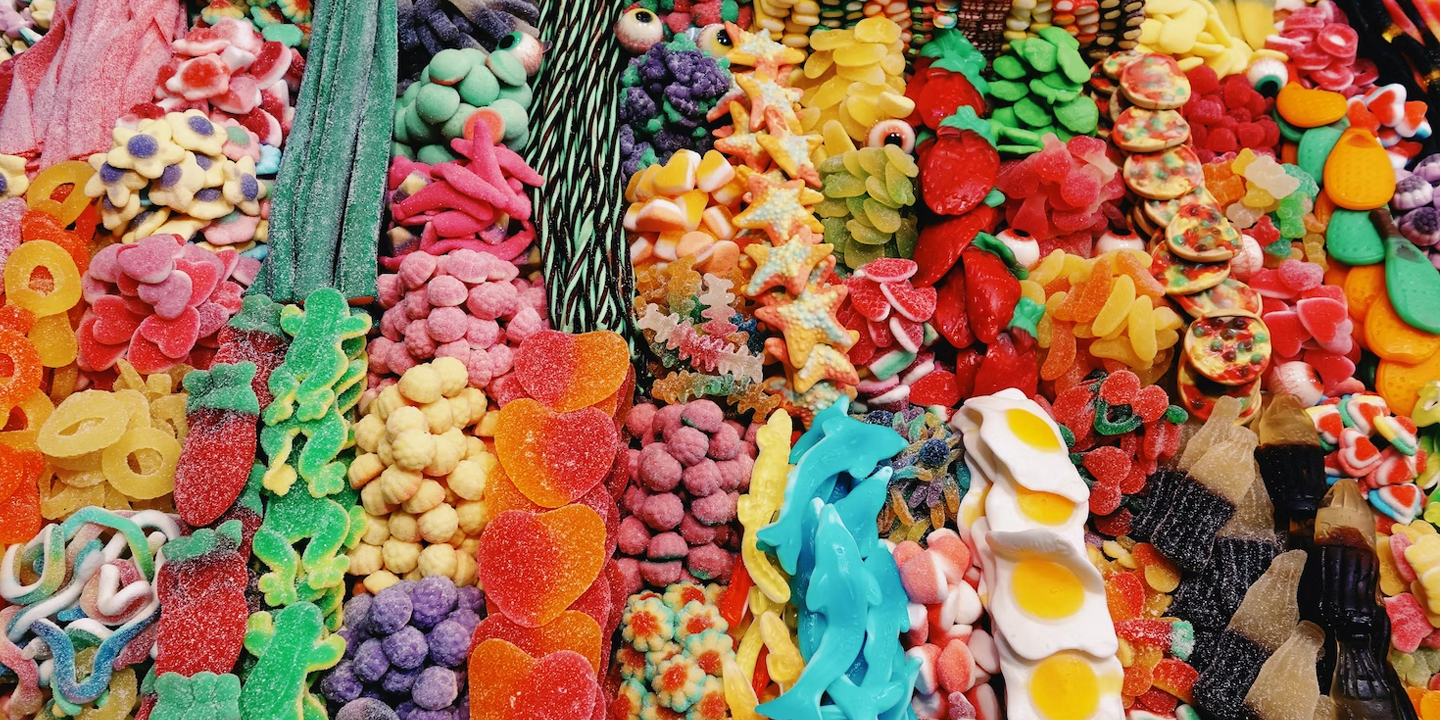
The Most Popular Candies in the USA
